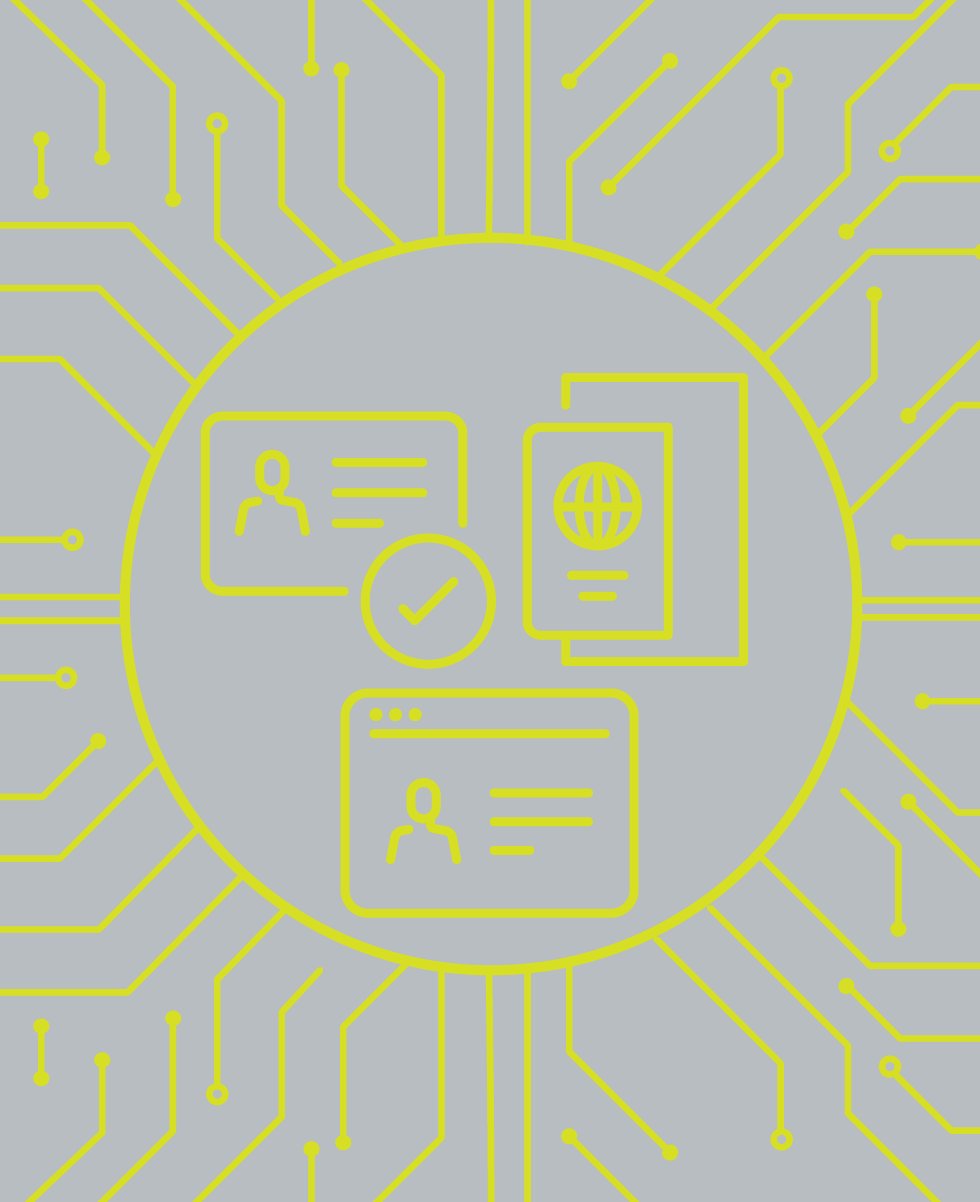Proposals for digital identity wallets are quickly advancing worldwide. Digital wallets are electronic methods of storing, managing and exchanging money and/or identity credentials, often through the use of mobile phones. In 2021, the European Commission set out plans to make a digital identity wallet available to any citizen who wants one by 2024. Humanitarian organizations are also turning to decentralized wallets, partly as an alternative to increasingly controversial centralized biometric systems. Aid organizations like the International Federation for the Red Cross and the World Food Programme have piloted digital wallets projects in countries like Kenya, Jordan, and Bangladesh. Influential open-source consortiums like MOSIP (the Modular Open Source Identity Platform) and the Open Wallet Foundation (a project of the Linux Foundation) are also now rolling out wallet-based identity systems for wider use.
The digital wallet model proposes to reformulate institutional arrangements, governance models, privacy protections, patterns of authority, and the very landscape of trust surrounding digital identity and payment. However, as previous research on digital wallets in refugee camps in Jordan has shown, user control over financial information and personal data can be elusive. Technological innovations like blockchain-based digital wallets may, in fact, serve to disempower people in unexpected ways, particularly vulnerable people like refugees and asylum seekers.
This project aims to assess the inclusionary and exclusionary dimensions of digital wallets, and produce a set of policy and design recommendations to ensure that the development of wallets supports migrants’ needs. At this critical juncture for identity and border management, there is an urgent need to ensure policy and technology decisions are informed by the needs, experiences, and perspectives of migrants.


